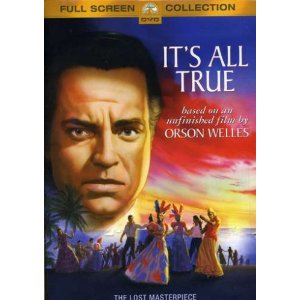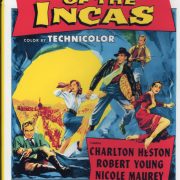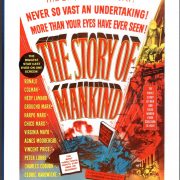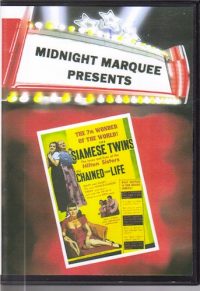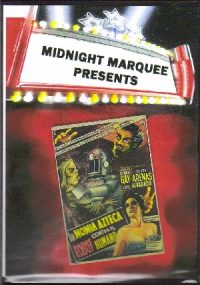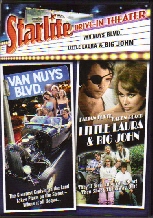In 1942, Orson Welles was at the top of his game in Hollywood and had, as far as he was concerned, a great future ahead of him. Then Nelson Rockefeller asked him to go to Rio to film the annual carnival as part of a goodwill mission to South America. Long story short, what was meant to be a side project destroyed Welles’s promising career. He lost control of what might have been his greatest film, The Magnificent Ambersons, became saddled with an unfair reputation as a money squanderer, and had to beg for B-picture projects (which he turned into superb films) in Hollywood for the rest of the decade (after which he scrambled for years to make movies in Europe, except for a brief return to make, and again lose control over, Touch of Evil). Adding insult to injury, the South American footage–both from the carnival and a couple of narrative episodes Welles wanted to put together in a film called It’s All True–disappeared for almost 50 years. Then, as these things happen, much of that footage turned up in a vault and eventually was assembled, long after Welles’s death, by several people, among them director Richard Wilson (a Welles producer and ally going back to Mercury Theatre days, and who was present with him in Rio when things went from bad to worse). The film now known as It’s All True is a combination of Welles’s startling material–including the doomstruck episode called "Four Men on a Raft" (during production of which one of the men drowned)–and interviews with Wilson and other principals who witnessed the situation or can comment on it insightfully. Welles fanatics understand the powerful mystique that surrounds It’s All True, and others who have enjoyed his work will certainly find this a gripping and ghostly experience.
| Weight | 0.77 lbs |
|---|

